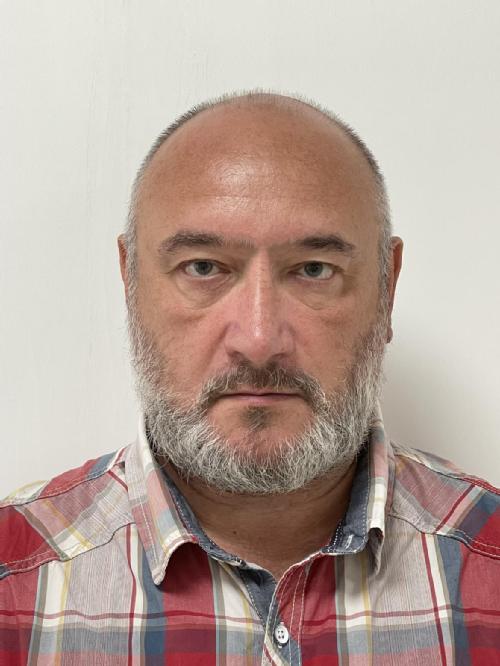Press Releases
Solar physicist receives prestigious award for driving understanding of the Sun
A University of Warwick scientist known for his work on the behaviour of the Sun’s corona is being recognised for his contribution to astrophysics.
Professor Valery Nakariakov has won the Royal Astronomical Society’s Chapman Medal – which recognises investigations of outstanding merit in the science of the Sun, space, planetary environments.
Professor Nakariakov transformed the understanding of the Sun through two particular works on magnetohydrodynamic (MHD) wave behaviour in the solar corona. The first work details the first demonstration of damped magnetic loop oscillations in the solar corona. The second work details a crucial technique for the seismological probing of not only the magnetic field but also of the free magnetic energy stored in coronal active regions before flares and eruptions.
The original observational study, coupled with the subsequent seismic technique, has resulted in a new sub-field known as coronal seismology, whereby the wave behaviour of the solar coronal plasma can be used to remote sense local magnetic field strength. These results are essential for understanding the transfer of energy through the solar atmosphere for coronal heating, and for space weather forecasting.
Since publication, these works have enabled a step change in our understanding of the solar corona, and the techniques and insight are used not only by Professor Nakariakov and his team, but by teams around the world.
Professor Nakariakov, Department of Physics, University of Warwick, said: “It is a great honour for me to receive this prestigious medal of the Royal Astronomical Society. I share it with all my colleagues at Warwick and elsewhere who played a role in this work. The recognition of our research results by this award reflects a marvellous progress in our research field, the study of the corona of the Sun, which links together astrophysics, heliophysics and plasma physics.”
Each year the RAS recognises significant achievement in the fields of astronomy and geophysics through a number of awards, medals and prizes, encompassing different types of talent from research to education and outreach.
The award announcements were made at the Ordinary Meeting of the Society held on Friday 12 January 2024.
Professor Mike Edmunds, president of the Royal Astronomical Society, said: "It is an honour to recognise such remarkable talent in the fields of astronomy and geophysics.
"Exactly 200 years ago we awarded the first Gold Medals to Charles Babbage and Johann Franz Encke.
"At the time, one of the main objectives of the Astronomical Society of London (it became the RAS in 1831) was to encourage and promote the study of astronomy ‘by bestowing medals or rewards on successful research’.
"I hope (with the RAS founders) that the awards will continue to inspire and advance the study of astronomy and geophysics, both now and in the future."
Media contacts
University of Warwick press office contact:
Annie Slinn 07876876934
Communications Officer | Press & Media Relations | University of Warwick Email: annie.slinn@warwick.ac.uk
Sam Tonkin
Royal Astronomical Society
Mob: +44 (0)7802 877700
Robert Massey
Royal Astronomical Society
Mob: +44 (0)7802 877699
Notes for editors
The Royal Astronomical Society (RAS), founded in 1820, encourages and promotes the study of astronomy, solar-system science, geophysics and closely related branches of science. The RAS organises scientific meetings, publishes international research and review journals, recognises outstanding achievements by the award of medals and prizes, maintains an extensive library, supports education through grants and outreach activities and represents UK astronomy nationally and internationally. Its more than 4,000 members (Fellows), a third based overseas, include scientific researchers in universities, observatories and laboratories as well as historians of astronomy and others.
The RAS accepts papers for its journals based on the principle of peer review, in which fellow experts on the editorial boards accept the paper as worth considering. The Society issues press releases based on a similar principle, but the organisations and scientists concerned have overall responsibility for their content.
Keep up with the RAS on X, Facebook, Instagram, LinkedIn and YouTube.
15 January 2024
